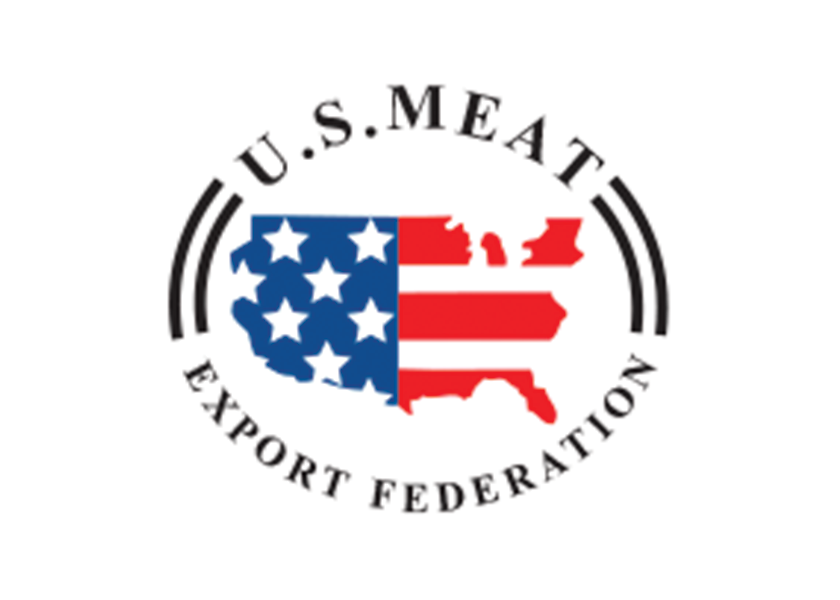USMEF Approves of President Biden’s USTR Nomination

Elaine Trevin has been nominated to serve in the Office of the U.S. Trade Representative (USTR) as chief agriculture negotiator.
President Biden made this announcement early last week, gaining much approval from export entities such as the U.S. Meat Export Federation (USMEF).
USMEF President and CEO Dan Halstrom took to the microphone to share his sentiments in the nomination of Elaine Trevin.
“Elaine comes very highly qualified. Currently serving as president of the Almond Alliance of California and serves on USDA’s APAC committee. She brings a wealth of knowledge and background to a very important job,” Halstrom says.
Seeing agriculture policies through would be high on the future chief agriculture negotiator’s priority list. In Halstrom’s view, safeguards should be the first order of business.
“There are some key issues that need addressing in our world, none bigger than the Japan beef safeguard we saw in March and April of this year where we knew the safeguard would be triggered,” he says. “Getting that baseline volume level raised a bit so we're not triggering in the future is one key priority.”
He says careful consideration for the chief agriculture negotiator role is vital to the livestock industry.
“The whole phase one agreement with China, I think we would all agree, the situation on both beef and pork has been a success the last two years. But what comes next, what comes after the phase one agreement?” he asks.
Initiatives like EU Farm to Fork is a hot topic in any role at the USMEF. Halstrom says Trevin will fit into this setting well.
“The US trade representative office is a very key partner in global trade for all of agriculture,” says Halstrom. “These are all major issues in our world, our pork and beef and lamb export world, that USTR will be right smack dab in the middle of.”







